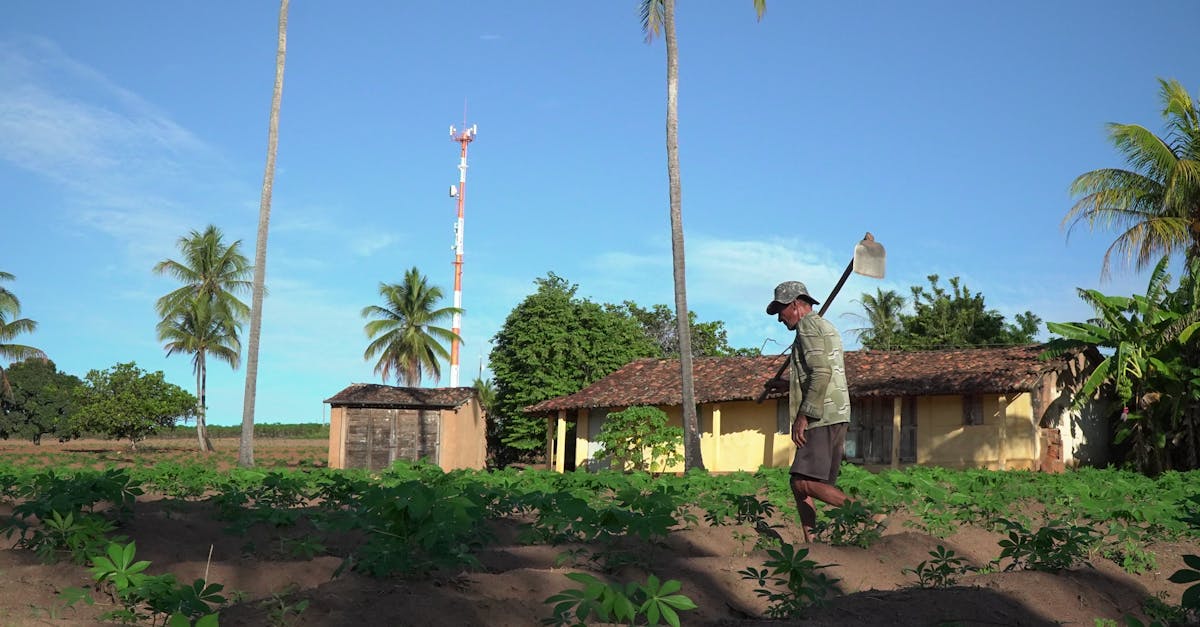In a move highlighting the ongoing battle against environmental threats, Governor Josh Green and the Hawaiʻi Invasive Species Council (HISC) recognized outstanding contributions during Hawaiʻi Invasive Species Awareness Month (HISAM). Notably, Maui's Opgenorth and Haleakalā Ranch were among the honorees, acknowledging their vital efforts in combating the spread of invasive species across the state. This recognition underscores the critical role that businesses and communities play in protecting Hawaii's unique ecosystems and economy.
The fight against invasive species has significant implications for Hawaii's business landscape. As highlighted by Maui Now's recent report, the HISAM awards celebrate those who actively work to mitigate the damaging effects of these species. Invasive species compromise Hawaii's forests, reefs, and native wildlife. The Hawaii Department of Land and Natural Resources (DLNR) blog emphasized that these species impact agriculture and public health, making the work of organizations like Opgenorth and Haleakalā Ranch even more critical.
The impact of invasive species extends beyond environmental concerns, directly affecting businesses. For example, a recent report from Maui Now details how the red-vented bulbul, an invasive bird, poses a serious threat to Maui's agriculture, damaging commercial fruit crops. Furthermore, the accidental spread of invasive species via contaminated materials, such as mulch, poses an ongoing challenge. The Maui Invasive Species Committee (MISC) has published multiple press releases that highlight the importance of vigilance to prevent the spread and potential eradication efforts.
The recognition of Opgenorth and Haleakalā Ranch serves as an example of how private sector leadership and community involvement are essential in invasive species management. Initiatives like these are crucial for protecting Hawaii's natural resources, fostering sustainable business practices, and ensuring the long-term health of the state's economy. The collaborative approach, as demonstrated by HISAM and its honorees, is key to a successful strategy against these pervasive threats. This collaborative approach protects the native ecosystems and reduces economic losses for local businesses.
This ongoing effort is critical for businesses, investors, and professionals as it helps ensure the preservation of Hawaii's unique environment. These efforts boost tourism and support the sustainability of local businesses. The actions of the HISC, alongside contributions from businesses, play a vital role in maintaining the health of Hawaii's ecosystems, supporting the local economy, and fostering a sustainable future for all.



